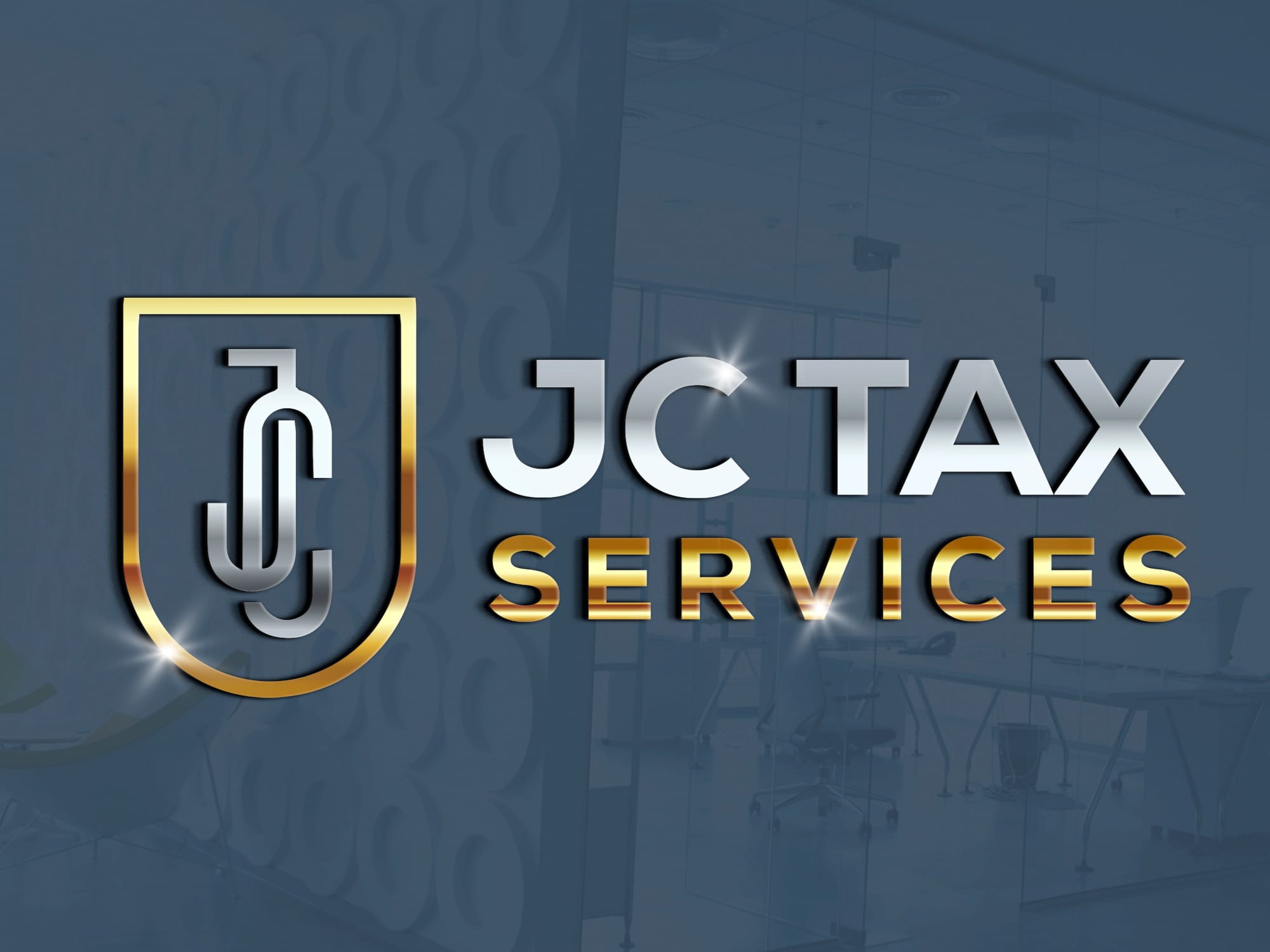Your Plumbing Business Success Depends on Precise Tax Optimization
Navigating tax preparation for plumbing businesses is important and we’re here to make it as easy as possible for you! Our friendly team of experts is ready to guide you through the sometimes tricky world of tax regulations that can differ from one sector to another. We’ve got the know-how to make sure your business stays on top of everything. We pride ourselves on getting to know you and your unique needs, so we can customize our approach just for you. This way, the whole process stays smooth and straightforward, letting you focus on what you love most about your business. Let us help make tax season a breeze, so you can keep your business thriving all year long!**


WHY CHOOSE US
Tax Preparation and Planning: Essential for the Plumbing Industry
Our tax preparation services are expertly tailored to meet the needs of diverse industries.
Whatever your field, our team is committed to providing customized solutions that meet your unique business needs.
In the plumbing industry, effective tax preparation and planning are crucial for ensuring financial stability and compliance with regulations. Proper tax management can help plumbing businesses maximize deductions, minimize liabilities, and optimize cash flow. Here are some key aspects of tax preparation and planning that are essential for plumbing professionals:
- Understanding Tax Deductions: Familiarize yourself with the tax deductions available to plumbing businesses. Common deductions include expenses for tools and equipment, vehicle expenses, office supplies, and advertising costs. Keeping detailed records of these expenses can help you claim the maximum deductions possible.
- Keeping Accurate Records: Maintaining accurate and organized records of all financial transactions is vital. This includes invoices, receipts, bank statements, and payroll records. Good record-keeping not only simplifies the tax filing process but also ensures you have the necessary documentation in case of an audit.
- Establishing a Tax Calendar: Create a tax calendar to keep track of important deadlines for filing returns and making estimated tax payments. Missing deadlines can result in penalties and interest charges, which can impact your business’s bottom line.
- Consulting a Tax Professional: Consider working with a tax professional like JC Tax Services who specializes in the plumbing industry. They can provide valuable insights and advice on tax strategies, help you navigate complex tax laws, and ensure compliance with all regulations.
- Planning for Seasonal Fluctuations: The plumbing industry often experiences seasonal fluctuations in workload and income. Effective tax planning should account for these variations, allowing you to manage cash flow and tax obligations throughout the year.
- Leveraging Tax Credits and Incentives: Investigate available tax credits and incentives that your plumbing business might qualify for. This can include credits for energy-efficient installations, hiring veterans or apprentices, or investing in research and development.
- Reviewing Business Structure: Evaluate whether your current business structure (e.g., sole proprietorship, partnership, corporation) is the most tax-efficient. Different structures have varying tax implications, and changing your business entity could potentially lower your tax liability.
By prioritizing tax preparation and planning, plumbing businesses can not only ensure compliance but also enhance their financial health and long-term success. Investing time and resources in these practices can lead to significant savings and a more robust financial strategy.


